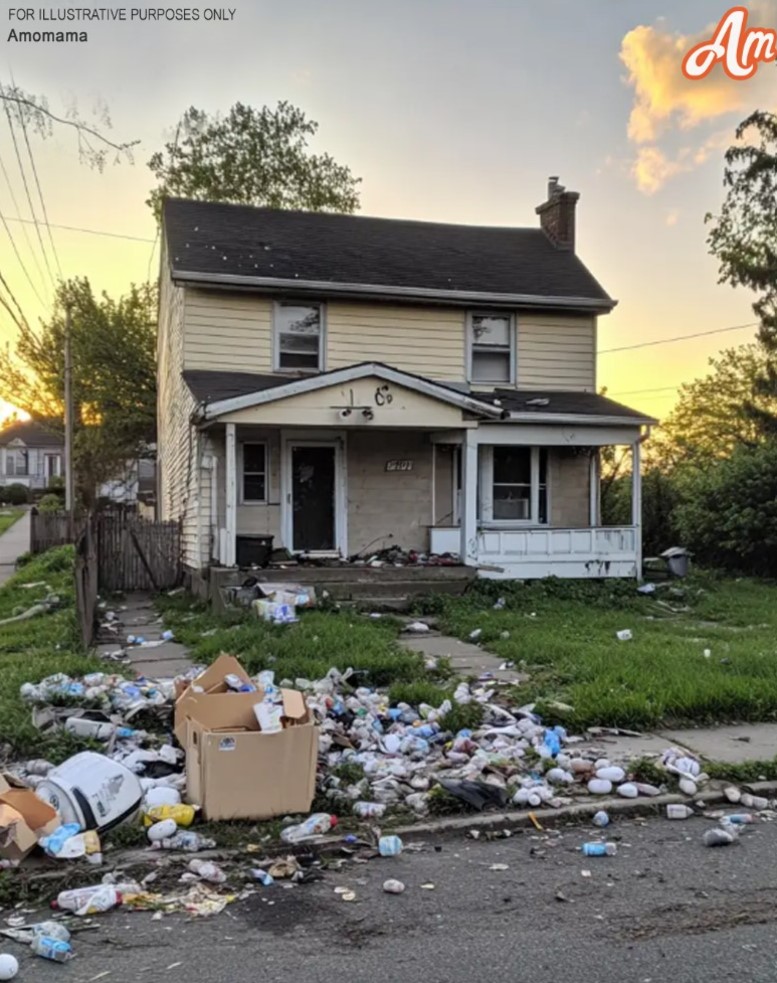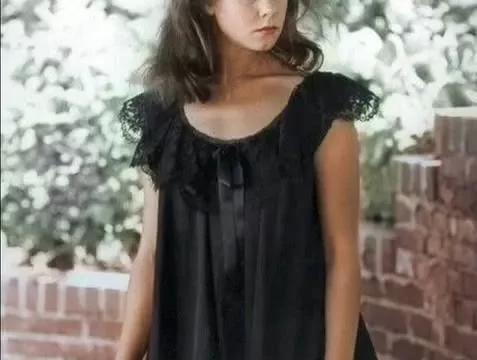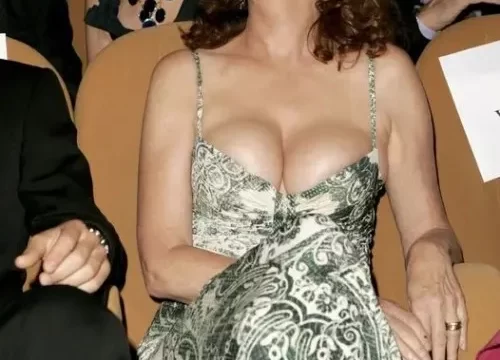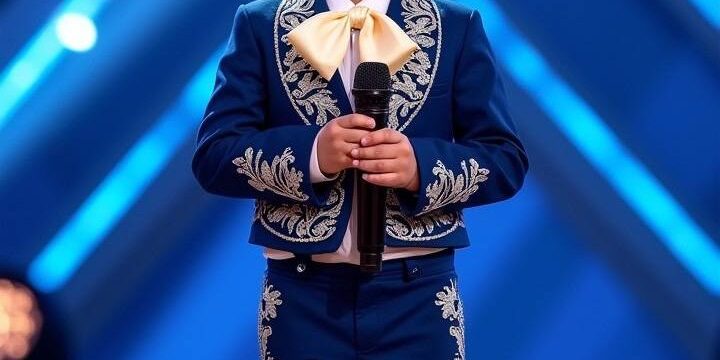Frank had lived a solitary life for years, finding solace in the quiet and simplicity of his existence. Having long abandoned the need for friends or family, he embraced his reclusive lifestyle. So, when a knock on the door disturbed his Saturday morning peace, Frank’s immediate reaction wasn’t curiosity but annoyance.

Dragging himself out of his recliner with a groan, he opened the door to find a teenage girl standing on his porch. She couldn’t have been older than sixteen, but her bold presence irritated him before she even spoke.
“I’m not buying anything, joining a church, or supporting your cause—whatever it is,” Frank snapped before slamming the door in her face.
Satisfied, he returned to his recliner and turned up the volume on his television, drowning out the persistent ringing of the doorbell. The weather forecast warned of an approaching hurricane, but Frank hardly cared. His basement, fortified against storms, was all he needed to weather whatever nature threw his way.
But the doorbell didn’t stop. It rang incessantly, grating on Frank’s nerves until he finally flung the door open again, furious. “What do you want?!” he barked.
The girl, unfazed, met his glare. “You’re Frank, right? I need to talk to you.”
Her calmness only fueled his irritation. “I don’t know you, and I don’t care. Leave!” He slammed the door again, convinced she would take the hint this time.
The next morning, Frank stepped outside to collect his newspaper, only to find his house vandalized. Eggs dripped down the walls, and crude graffiti covered the paint. Fuming, he spent hours scrubbing the mess clean, cursing the persistent teenager under his breath. That evening, as he sat on his porch with a cup of tea, he noticed garbage scattered across his lawn. A note taped to his mailbox read: “Listen to me, and I’ll stop. —Zoe.” Below the message was a phone number.
Infuriated, Frank crumpled the note and threw it away. But the disruptions continued. Protestors camped on his lawn, shouting slogans about environmental causes. A caricature of Frank, captioned “I hate everyone,” was scrawled on his driveway. Another note appeared: “The paint doesn’t wash off. Call me. —Zoe.”
Seething, Frank finally called the number. “Come to my house,” he growled when Zoe answered, slamming the phone down before she could respond.
When Zoe arrived, her defiance was clear. “What now?” she snapped, standing on his porch.
Frank smirked as two police officers stepped forward to arrest her. “Think you’re clever? Let’s see how clever you feel in jail.”
Zoe screamed at him as she was cuffed. But the next day, the hurricane arrived. As fierce winds howled, Frank spotted Zoe outside, clutching a backpack and struggling against the storm.
“What are you doing?!” Frank yelled, flinging his door open.
“I need shelter!” Zoe shouted back, her voice barely audible over the wind.
“Then come inside!” Frank barked.
“No way!” she snapped. “I’d rather die than stay with you!”
Fed up, Frank dragged her inside, ignoring her protests. “Stay out there, and you’ll die for sure,” he said, hauling her into the fortified basement.
Once inside, Zoe finally spoke. “You ready to listen now?” she asked.
“Get it over with,” Frank replied, crossing his arms.
Zoe handed him a set of documents. “These are emancipation papers. I need your signature.”
Frank frowned. “Why mine?”
“Because you’re my only living relative. I’m your granddaughter,” Zoe said, her voice icy.
Frank was stunned. “That’s impossible.”
“It’s very possible,” Zoe shot back. “Your wife was my grandmother, and your daughter was my mom. But you abandoned them for your ‘artistic dreams.’”
Frank’s chest tightened. He had left his family decades ago, chasing a career as an artist—a dream that never materialized. The guilt washed over him as Zoe’s words cut deep.
Over the hours spent waiting out the storm, Frank watched Zoe sketch in her notebook. Her art was bold, alive, and far better than anything he had ever created.
When the storm cleared, Frank handed Zoe the signed papers. “You were right,” he said quietly. “I’ve been a lousy husband and father. I can’t change that. But maybe I can help change your future.”
Zoe stared at the papers, then slipped them into her backpack. “Thanks,” she said softly.
“You can stay here if you want,” Frank offered.
Zoe paused. “Do you mean it?”
Frank nodded. “I can’t throw you out. You’re family.”
A faint smile crossed Zoe’s face. “Fine. But I’m taking all your art supplies. I’m better than you, anyway.”
Frank chuckled. “Stubborn and arrogant. You definitely got that from me.”
The storm had passed, but it left something more than damage—it uncovered a connection neither of them had expected. For Frank, it was a chance to make amends. For Zoe, it was a chance to finally belong.





